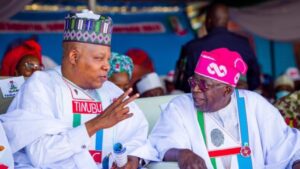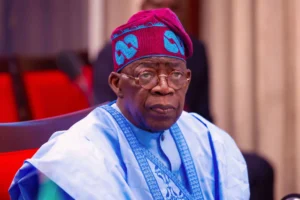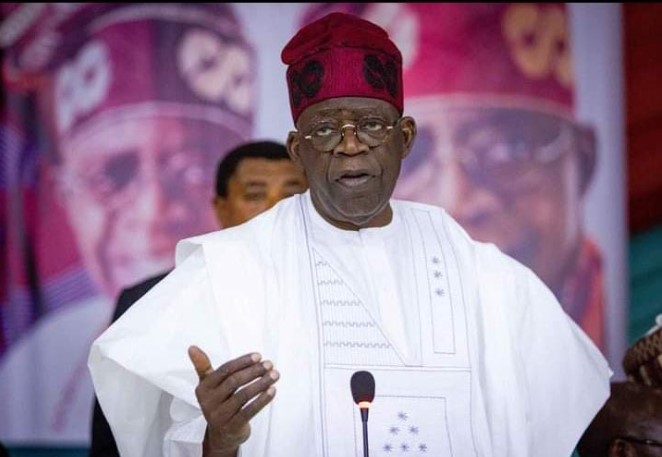As President Bola Ahmed Tinubu’s administration completes its first year in office, Nigeria has witnessed a remarkable transformation in its economic and infrastructure landscape, having prioritized attracting foreign investment as part of its economic strategy. The president’s foreign trips and engagement with international investors, combined with Vice President Kashim Shettima’s expertise in finance, have played a crucial role in restoring the confidence of foreign investors’ confidence, resulting in a substantial increase in foreign direct investment (FDI) commitments, exceeding $30 billion, with over $20 billion already invested in various sectors.
The International Monetary Fund (IMF) and other global economic organizations have also acknowledged Nigeria’s efforts to improve its investment climate. The country’s economic diversification and restructuring initiatives aim to reduce its reliance on oil exports and foster growth in other sectors.
The administration’s reforms have sent a positive signal to the global investment community, showcasing Nigeria’s readiness to accept investment and drive economic growth. Key achievements include:
– Dismantling monopolistic control over electricity, allowing states, corporations, and individuals to generate, distribute, and transmit power.
– Removing fuel subsidies, a move hailed as “challenging but necessary” to curb corruption, inefficiency, and reduce the annual fiscal burden on the government.
– Infrastructure development, including extensive road networks, improved rail systems, and modernization of ports to facilitate trade and connectivity.

– People-focused policies through social intervention programs targeting poverty alleviation and empowerment of vulnerable groups.
Recently, President Tinubu approved the Renewed Hope Infrastructure Development Fund to facilitate effective infrastructure development across critical sectors, including agriculture, transportation, ports, aviation, energy, healthcare, and education.
The Fund aims to:
– Establish an innovative infrastructure investment vehicle to attract and consolidate capital.
– Execute strategic national infrastructure projects across key sectors.
– Efficiently utilize and aggregate accessible low-interest loans and favourable financing options. – Guarantee optimal long-term outcomes for the nation.
The Fund will focus on:
– Agricultural infrastructure development, including national food storage facilities, integrated irrigation systems, and enhancement of agricultural logistics and distribution.

– Ports revitalization, including modernization of port facilities and implementation of advanced monitoring systems.
– Aviation enhancement, including revitalization and modernization of major airports nationwide.
– Road infrastructure development, including key road projects across the nation.
– Rail infrastructure development, including modernization of transportation networks and interconnectivity between key urban centers.
President Tinubu has also approved the absorption of the Presidential Infrastructure Development Fund (PIDF) into the Renewed Hope Infrastructure Development Fund (RHIDF), ensuring enhanced efficiency and project delivery timelines.
As the administration continues to build on these achievements, Nigeria is poised for a brighter future and a more prosperous tomorrow.

